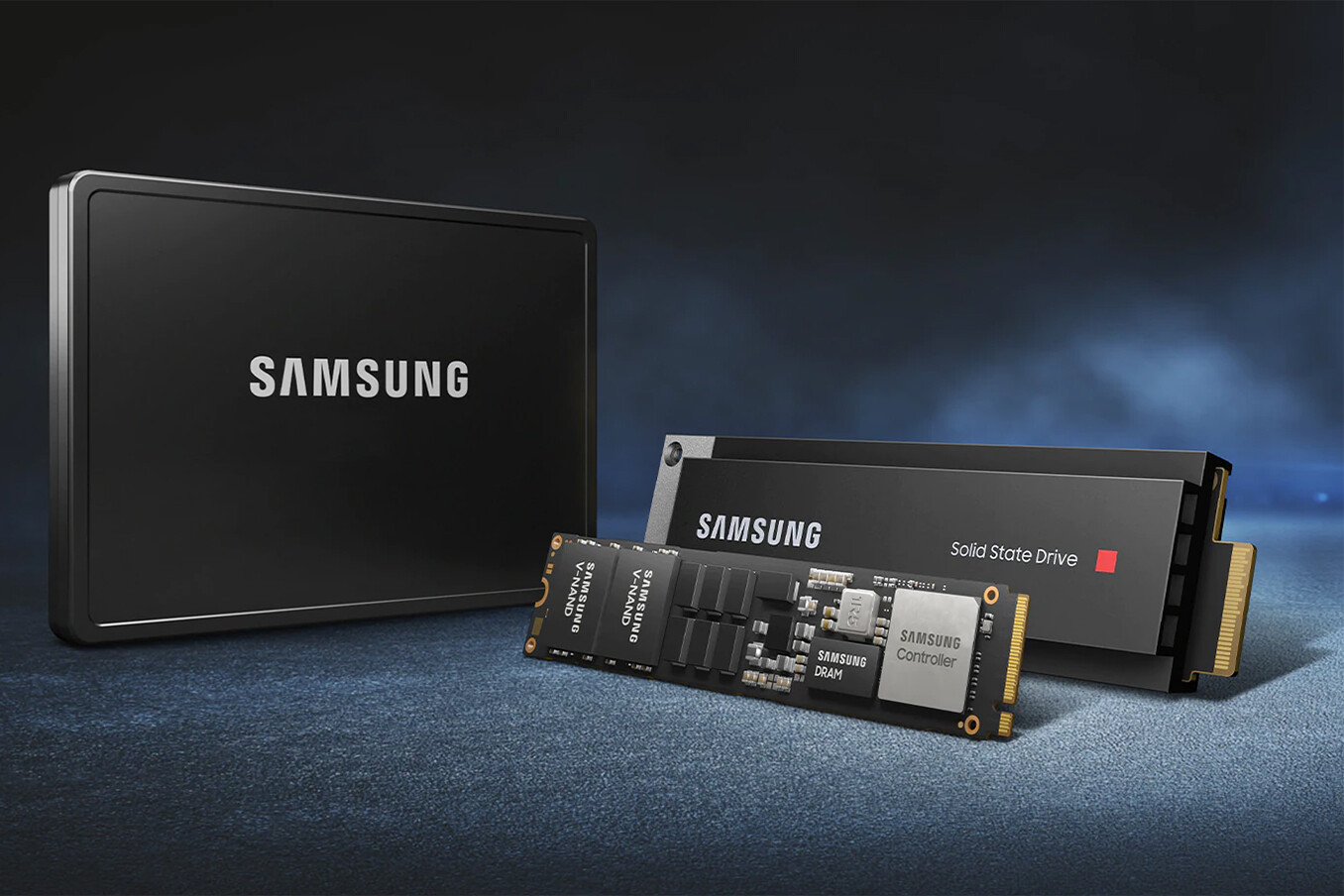erek
[H]F Junkie
- Joined
- Dec 19, 2005
- Messages
- 10,912
"The same source behind the 9th Gen V-NAND story also reports that the company is targeting a rather early 2025 launch for its successor—the 10th Gen V-NAND. This is expected to be a mammoth 430-layer 3D NAND flash, a jump of 140 layers over the 9th Gen (which itself jumped by 54 layers over its predecessor). This would put Samsung back on track along with its competitors, Kioxia, SK Hynix, Micron Technology, and YMTC, as they gun for the ambitious goal of 1000-layer 3D NAND flash by 2030."

Source: https://www.techpowerup.com/321557/...or-may-2024-debut-planning-430-layer-for-2025

Source: https://www.techpowerup.com/321557/...or-may-2024-debut-planning-430-layer-for-2025
![[H]ard|Forum](/styles/hardforum/xenforo/logo_dark.png)